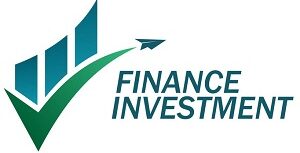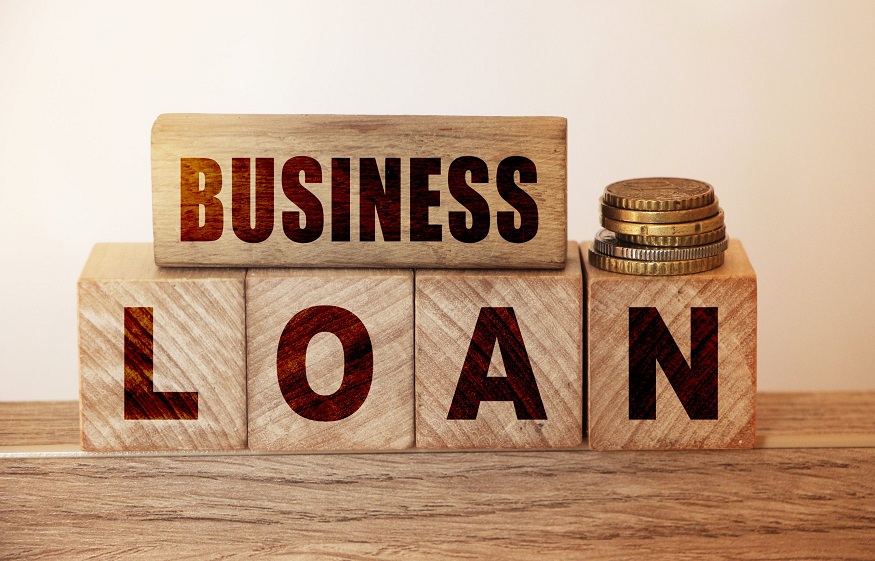Building a prosperous enterprise demands more than mere toil and commitment. A shortage of adequate capital often obstructs company growth and impedes the seizing of novel opportunities. This is where commercial business loans step into the picture, offering the critical financial underpinning your firm needs to flourish. But, given the vast array of options, selecting the apt loan could seem overwhelming.
In this article, we’ll shed light on the intricacies of commercial business loans, equipping you with a cogent understanding of how they can bolster your firm’s finances. Whether you’re seeking to broaden your activities or simply require a little additional cash flow for routine expenses, read ahead to learn all there is to know about securing the best terms on a commercial loan!
Understanding Commercial Business Loans
Commercial business loans represent a form of funding employed to aid businesses in growth, substantial acquisitions, or covering other outlays. They usually offer lower interest rates compared to other finance types such as credit cards or personal loans, thus making a favourable choice for companies seeking additional financing.
Various types of commercial business loans exist, like term loans, line of credit, and EFG loans, each with its specific terms and conditions, so comparing before choosing is vital.
Term loans represent the most prevalent type of commercial loan, typically featuring fixed interest rates and repayment durations ranging from two to five years. A line of credit is another sought-after choice for businesses needing continual access to funds. These loans generally have fluctuating interest rates and permit companies to borrow up to a certain limit, repayable over time.
EFG Loans are government-backed loans generally offering more appealing terms compared to other commercial loan types. Small businesses, unable to qualify for conventional bank financing, often use these.
Timing the Business Loan Decision
In case your enterprise requires a financial uplift, considering a business loan could be a viable choice. But when can you be sure your business is ready for a loan? Certain key indicators can help determine whether now is the opportune moment to take out a business loan:
- Your enterprise is on the upswing and you need extra financing to back your expansion strategies.
- Your past financial records are robust and you’re confident of your loan repayment capacity.
- You have tapped out all other finance options, such as credit lines or credit cards.
If your business meets these requirements, procuring a loan can significantly enhance your company’s finances. Always remember to scout around for the best rates and conditions before finalising anything.
Commercial Loan Types and Their Advantages
Various types of business loans are accessible to small and medium-sized enterprises, each carrying its unique set of benefits. Below is a brief review of the most typical types of commercial business loans:
EFG Loans:
EFG loans are government-endorsed loans providing lower interest rates and extended repayment durations compared to regular bank loans. These can be employed for multiple purposes, such as start-up costs, working capital, equipment procurement, and real estate advancement.
Bank Loans:
Bank loans, the most widespread commercial loan type, can be used for a range of purposes including start-up costs, equipment procurement, real estate advancement, and working capital. Rates and terms differ based on the lender, but usually, these loans have higher interest rates and shorter repayment periods than EFG loans.
Equipment Financing:
Equipment financing is a loan type specifically utilised for the acquisition of new or used equipment. The equipment functions as loan collateral, making it generally easier to qualify for than other business loan types. Rates and terms vary depending on the lender and your credit history.
Invoice Financing:
Invoice financing is a loan type enabling businesses to borrow against outstanding invoices. This can be a useful way to liberate cash flow if you’re awaiting customer invoice payments. Rates will differ depending on the lender, but usually, this loan type bears a higher interest rate.
Key Tips when Applying for a Loan:
When applying for a commercial business loan, keep these vital factors in mind:
- Understand your loan purpose. Lenders will want to comprehend your intended use of funds, so a clear and specific purpose strengthens your application.
- Conduct your homework. Evaluate rates and terms from multiple lenders to find the best match for your enterprise.
- Keep your finances organised. Lenders will require proof of financial stability and growth potential, so be ready to supply detailed financial statements.
- Maintain a robust business plan. Lenders would want to see that you’ve meticulously planned for the use of the loan proceeds and how they’ll foster your business growth.
Adhering to these guidelines will bolster your chances of obtaining a commercial business loan approval.
Pros and Cons of Business Loans
The decision to secure a loan for your business is not a trifling one. It’s crucial to consider both the advantages and disadvantages of borrowing for your business before deciding.
On the positive side, securing a loan can provide your business the necessary thrust to grow and expand. With the additional financing, you’ll be positioned to invest in new equipment, hire extra staff, or inaugurate a new location. Loans can also aid in covering unexpected expenses or capitalising on sudden opportunities.
On the downside, loans necessitate repayment with interest, which could be pricey. You’ll also need a solid plan for utilising the loan funds and repaying the loan to avoid jeopardising your business financially.
Securing a loan is a significant decision, but it can be a beneficial tool for business growth if used prudently. Weigh the pros and cons judiciously before finalising your decision on whether or not borrowing is right for your company’s finances.
Steps to Acquire a Loan
Commercial business loans can provide the capital you need to expand your enterprise. But how does one go about procuring one? Here’s a glance at the process involved in obtaining a loan for your commercial business:
-
Compile Your Documents:
Lenders will request financial documents such as your tax returns, balance sheet, and income statement during the loan application. Having these documents ready will expedite the process.
-
Choose the Right Lender:
Numerous lenders exist, so it’s crucial to find one that aligns well with your company. Research and compare interest rates, terms, and conditions before deciding.
-
File Your Application:
Once you’ve found a comfortable lender, it’s time to submit your loan application. This typically involves filling out an online form and providing supporting documents.
-
Await Approval/Rejection:
Following your application submission, the lender will review it and make a decision. If approved, you’ll receive the loan proceeds and can commence using them to boost your business. If rejected, you might need to reapply with another lender or explore a different financing option.
In Conclusion
Commercial business loans are an effective mechanism for businesses seeking to improve their cash flow, expand, or gain a competitive edge. With various options like EFG loans and line of credit financing, every business is bound to find a loan perfect for its specific needs. However, significant borrowing carries inherent risk, so comprehensive research of all potential aspects is critical before procuring a loan to ensure it’s the appropriate choice for your organisation’s growth.









